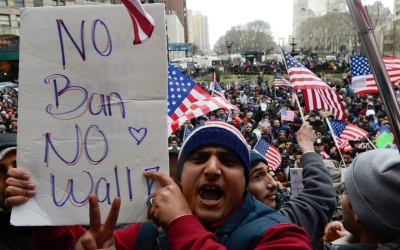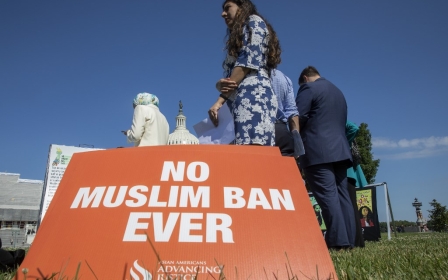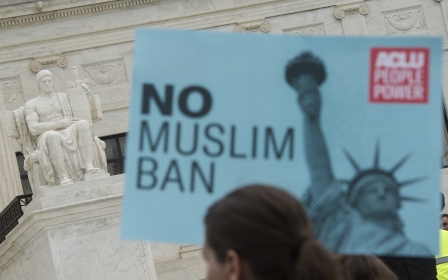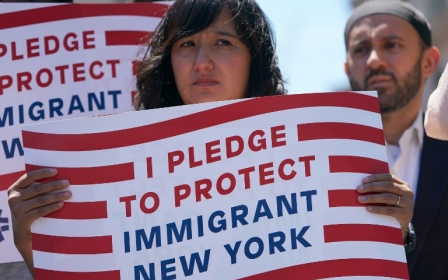Rights groups decry Trump's travel ban extension as new restrictions take effect
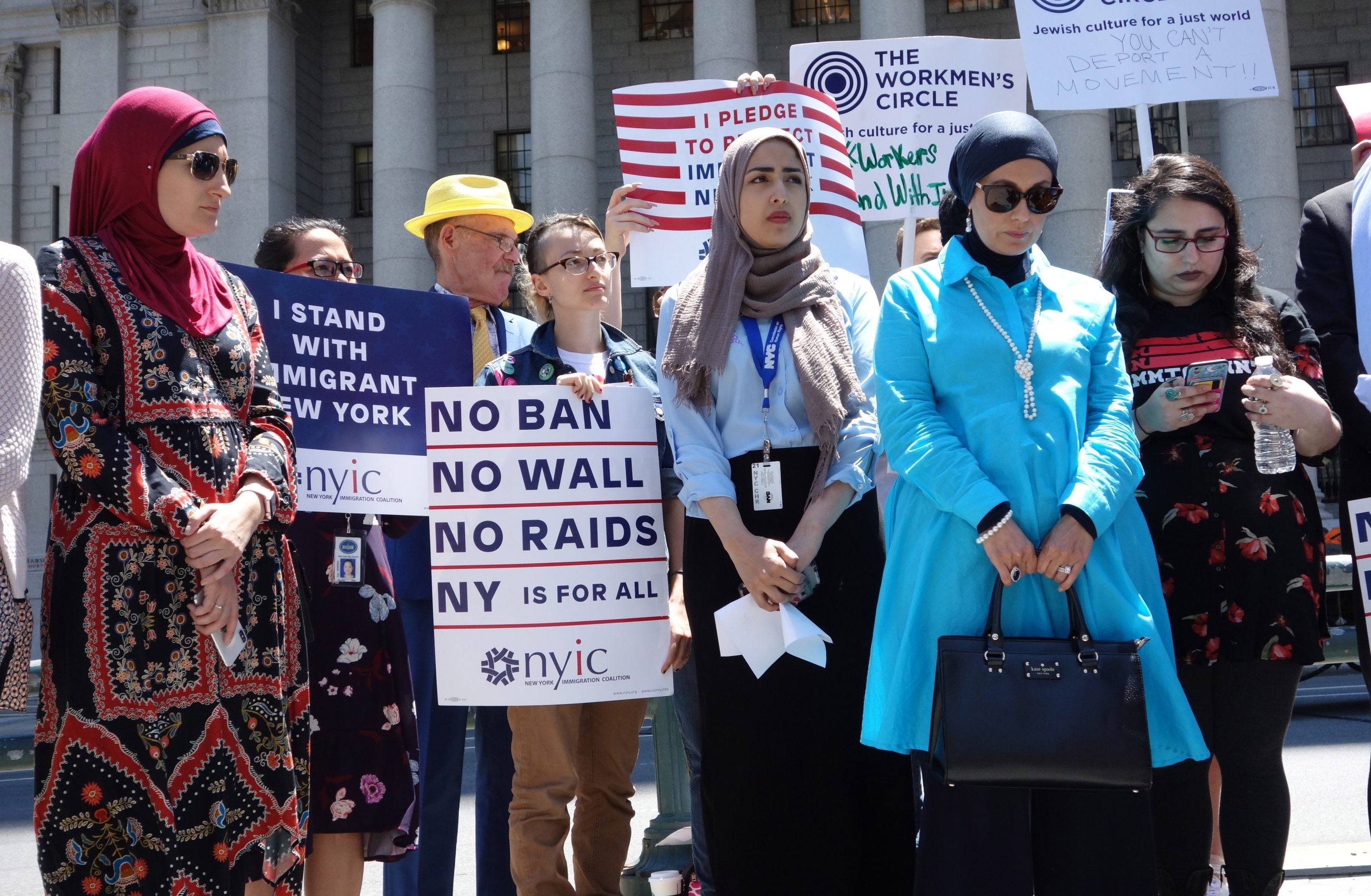
New visa restrictions issued by President Donald Trump's administration last month officially went into effect on Friday.
The extension of his previous executive order additionally bans nationals from Sudan and Tanzania from participating in the diversity visa lottery scheme and suspends issuing visas for nationals from Nigeria, Eritrea, Myanmar and Kyrgyzstan.
"On Friday, more than a quarter of Africans will be banned from immigrating to America, leaving millions of American families cut off from their loved ones living abroad," Muslim Advocates, a Washington-based rights group, said in a statement. "This is in addition to the countless families that have already been separated by the Muslim Ban for the past three years."
Since 2017, the so-called Muslim ban had gone through several revisions as it was challenged by state supreme courts, resulting in a ban blocking nationals of Iran, Somalia, Libya, Syria, Yemen, North Korea and Venezuela from entering the country.
While there have not yet been any legal challenges to the new visa restrictions, civil rights groups have criticised them as "xenophobic".
New MEE newsletter: Jerusalem Dispatch
Sign up to get the latest insights and analysis on Israel-Palestine, alongside Turkey Unpacked and other MEE newsletters
Manar Waheed, a senior staff attorney at the American Civil Liberties Union, said in a statement to Middle East Eye that the ban was an example of "institutionalizing racism in official policy".
We must use every tool in our toolbox to fight these attacks on our country
- Manar Waheed, senior staff attorney for ACLU
"Today, Trump is expanding his indefinite ban on Muslims, targeting more Black and brown people as a part of his xenophobic agenda," she said.
Both Muslim Advocates and the American Civil Liberties Union are supporting a recent piece of legislation in Congress that seeks to reverse the damage done by the administration's immigration policy.
Democratic candidates aim to reverse Trump's ban
The bill, titled the No Ban Act, was recently passed from a committee in the House of Representatives to the floor, where it is set for a vote.
While the bill may pass in the Democratic-led House, it faces a much higher hurdle in the Republican-controlled Senate.
Still, even if it passed both legislative chambers, it is likely that Trump would veto it.
Nonetheless, many civil rights groups are pushing Congress to pass the bill, and are also advocating that presidential candidates in the forthcoming election commit to abolishing the ban if elected.
"We must use every tool in our toolbox to fight these attacks on our country," Waheed said.
"The American people want a country free from discrimination, and we won’t stop fighting until we have one."
"Just over three years ago, as one of his first acts as president, Trump issued his original Muslim ban, and airports and streets were flooded with people from all walks of life who stood up against it," Waheed said.
The new extension of Trump's travel ban also targets "diversity visas," known as the "visa lottery" system.
Each year, the State Department randomly selects applicants from around the world for as many as 55,000 of these visas.
Trump has repeatedly criticised the process.
As the Democratic primary elections heat up, immigration remains a key issue among the presidential candidates.
Many of the Democratic candidates have vowed they would cancel Trump's ban as soon as they were elected.
"My first executive orders will be to reverse every single thing President Trump has done to demonize and harm immigrants, including his racist and disgusting Muslim ban," Vermont Senator Bernie Sanders tweeted last month.
Massachusetts Senator Elizabeth Warren, Minnesota Senator Amy Klobuchar and South Bend, Indiana, Mayor Pete Buttigieg have have all pledged to end the travel ban if elected.
Middle East Eye delivers independent and unrivalled coverage and analysis of the Middle East, North Africa and beyond. To learn more about republishing this content and the associated fees, please fill out this form. More about MEE can be found here.


